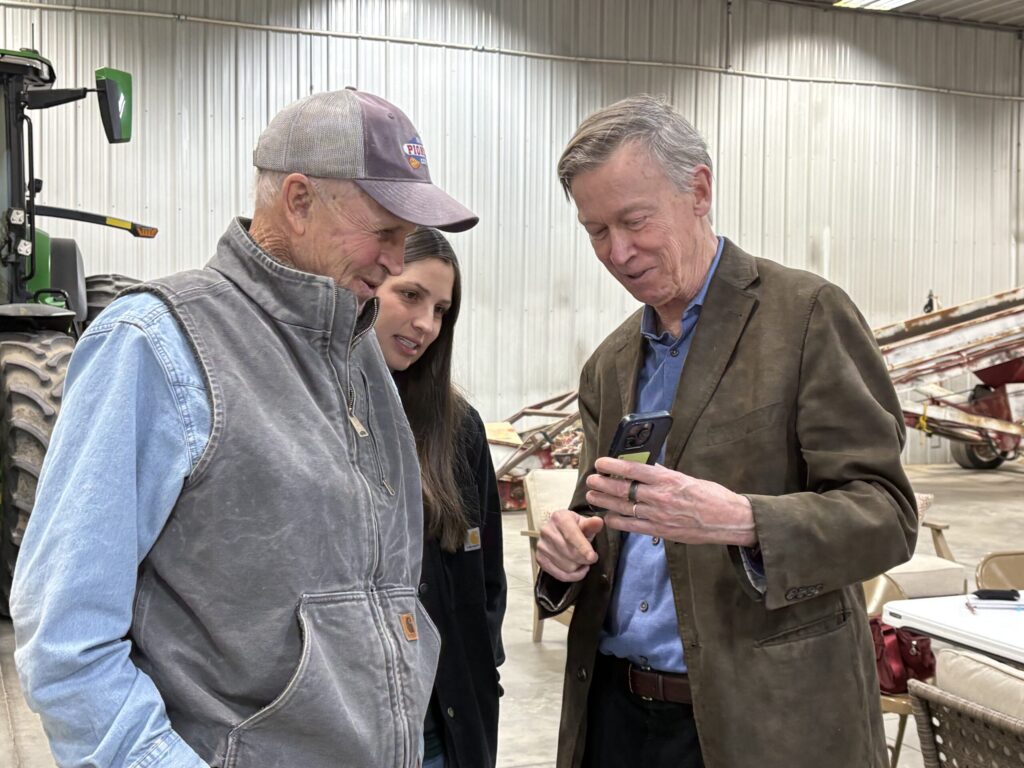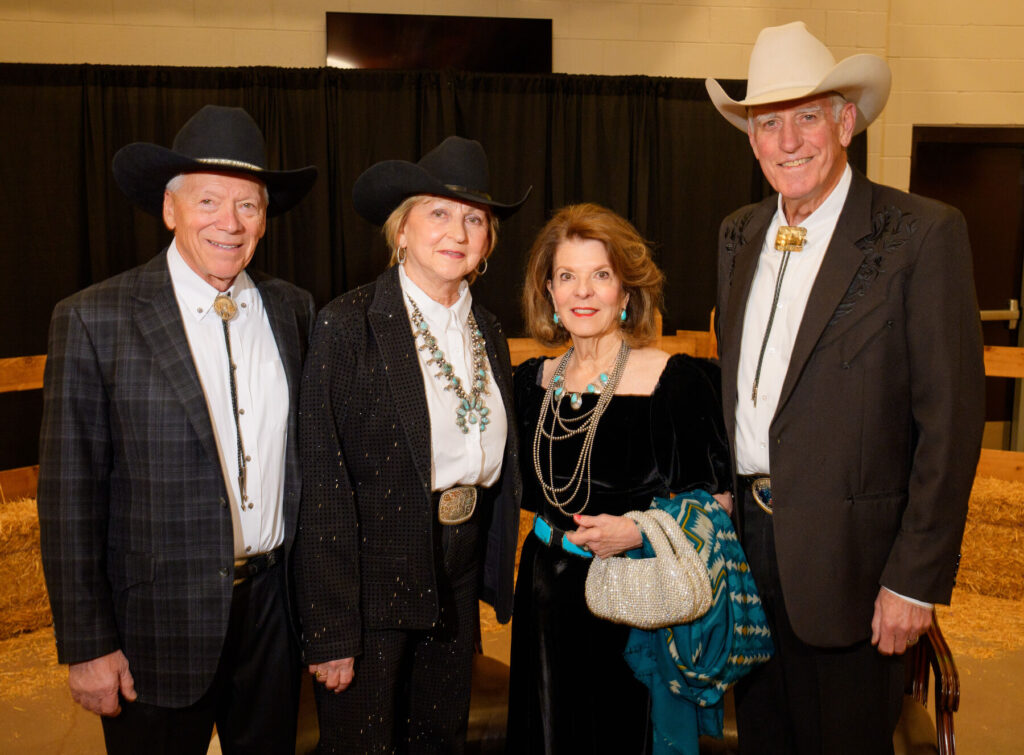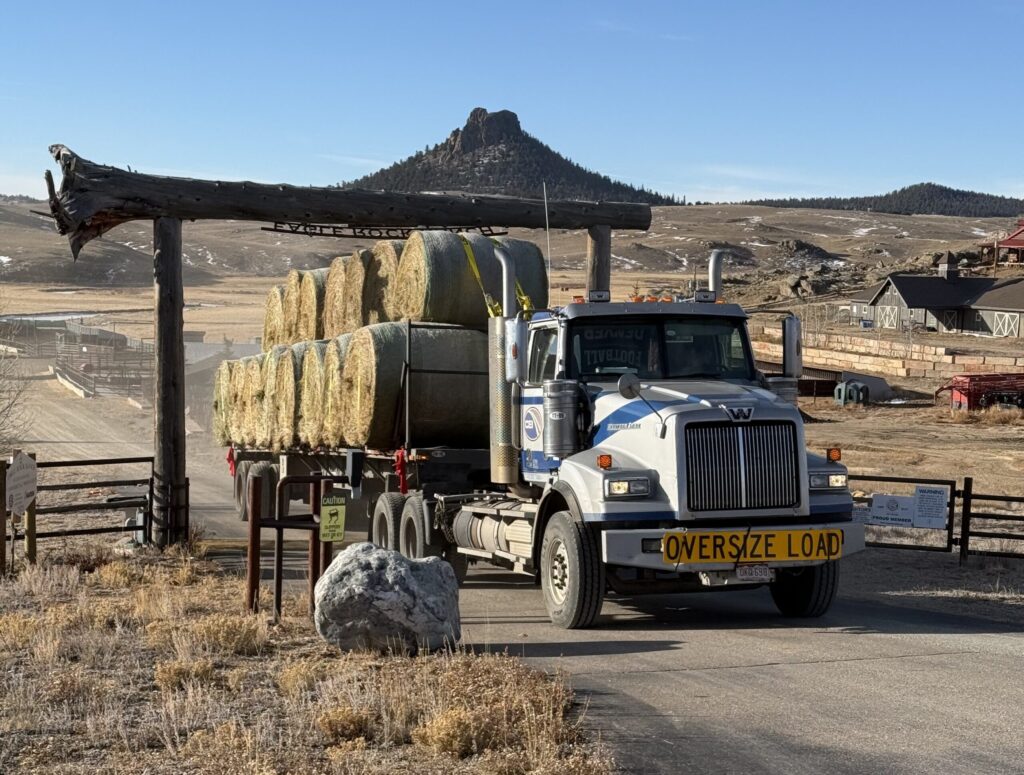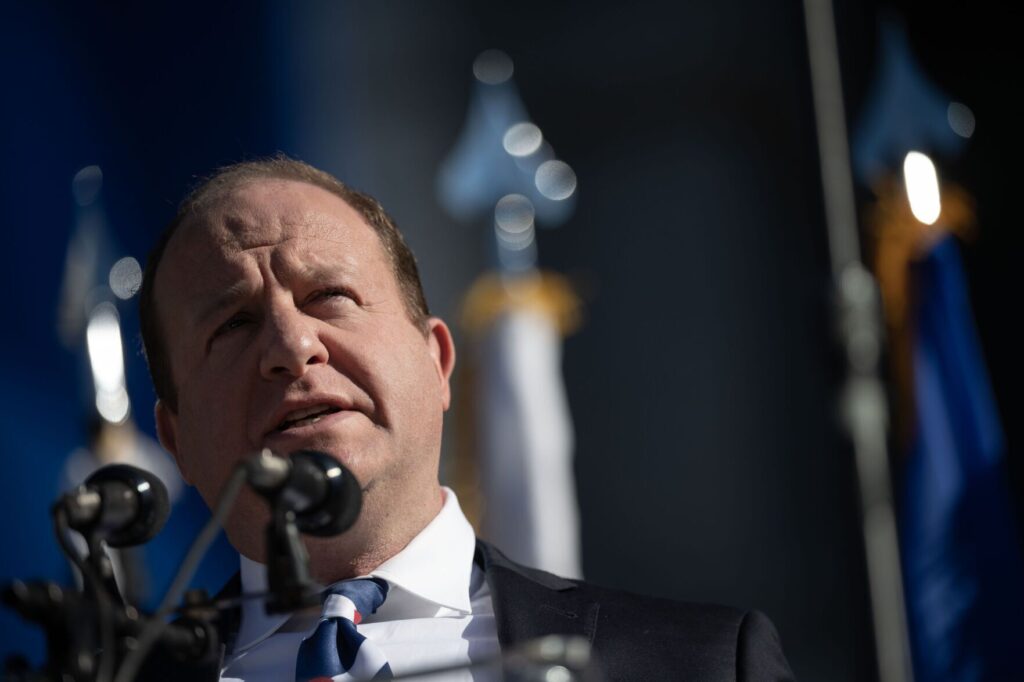Colorado Sen. John Hickenlooper, Western Slope business leaders talk about access to capital, tariffs
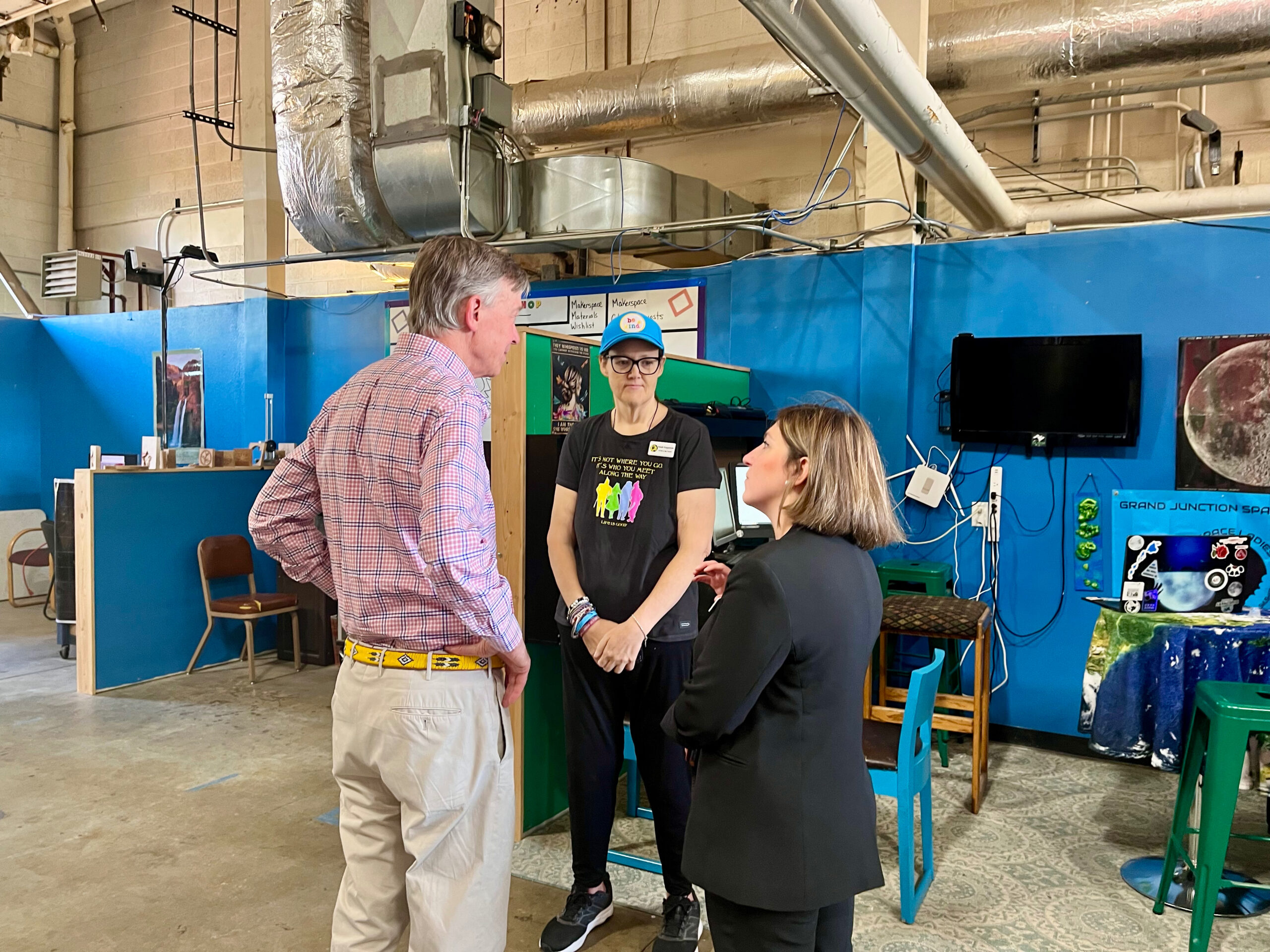
U.S. Sen. John Hickenlooper joined a group of business leaders from the Western Slope on Friday, when they talked about the economic transformation of the region, as well as the challenges it faces, including access to financial capital and limited workforce.
“Grand Junction was supposed to be dead and gone twenty years ago,” Hickenlooper told 26 business leaders at a roundtable event hosted by Mesa County’s Business Incubator Center (BIC). “Now we have all these success stories coming out of Grand Junction.”
A non-profit organization founded in 1986, the BIC is dedicated to fostering economic growth and innovation in Mesa County and the greater Western Colorado area. The group supports manufacturing, technology, services, agriculture and food innovation sectors, among others, with the goal of contributing to a more resilient and diversified economy through financial assistance, counseling and workshops, business development and facilitating tax incentives through the Mesa County Enterprise Zone Program.
Although Colorado was recently ranked in the Top 10 best places to start a business by Data Pandas — the state scored 61.3 in business friendliness — significant challenges remain for rural areas, the business leaders said.
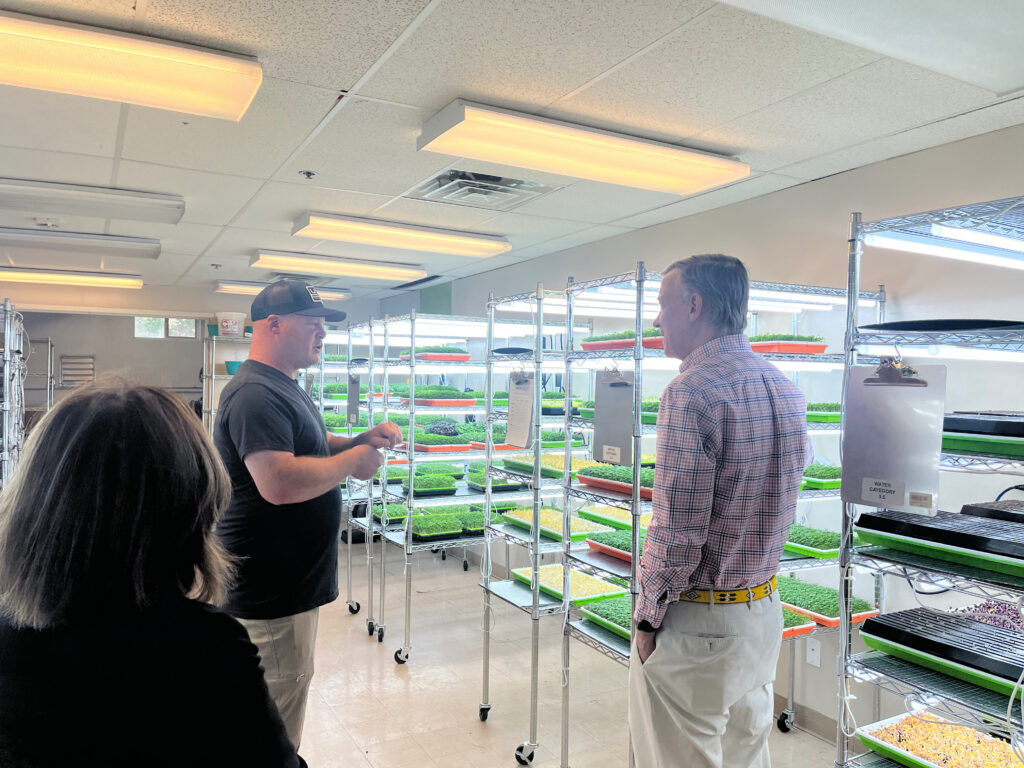
Dalida Sassoon Bollig, CEO of the BIC, opened the meeting and invited attendees to talk about the challenges of accessing capital in Western Colorado.
Sonia Gutierrez, co-president of Sierra Concrete, said access to capital for construction companies is made more difficult by the seasonal nature of construction work but also the rigid systems in place in most banks.
“When it’s difficult to access capital, it is incredibly difficult to expand,” Gutierrez said. “Construction is seasonal and project-based and it doesn’t fit the typical box. These hurdles directly limit the ability to grow a business even when the opportunity is there.”
Helen Roe, director of Business Funding and Loans at the BIC, said that access to capital for entrepreneurship and innovation is what drives rural regional economies.
“We can build businesses in rural Colorado,” Rose said, “but the biggest challenge is access to capital and strong supply chains.”
Business owners from restaurants to manufacturing to ranching also highlighted the difficulties faced in finding and retaining employees and taking care of the workforce, particularly migrant labor, which supports large swaths of Colorado’s economy.
Janie VanWinkle, a rancher and ERC Fellow at the BIC, said that many of the issues business owners face are the same for the agricultural community.
“While we do need a secure border, we also need to secure our workforce and streamline the H-2A and H-2B workers,” VanWinkle said.
Hickenlooper agreed with the difficulties facing small business owners.
“Workforce is everything. I remember staying up at least one night a month going over, ‘How are you going to make payroll?’” Hickelooper said. “All that anxiety.”
Hickenlooper apologized for veering off into politics, but said he was excited to be working with U.S. Rep. Jeff Hurd, of the 3rd Congressional District, especially on reducing cuts to mitigate the 38 % increase in insurance premiums.
“We need to work out how are we going to get access to capital,” Hickenlooper said, adding it isn’t possible anymore to rely solely on the federal government. “But private investors won’t invest because they worried they are going to miss out on the next big thing, AI.”
Discussion then turned to what Katie Powell, president of Munro Companies, said was the “uncertainty” of tariffs.
“The challenges surrounding tariffs are bigger than just the money, it’s the uncertainty,” Powell said. “It’s almost impossible to make good business choices, when you’re focused on mitigating risk rather than innovation. The uncertainty is dangerous to a healthy business climate.”
Tim Fry, president of Mountain Racing Products, provided figures to back up just how uncertain the business climate has become.
“In December 2024, we paid a 4.5% tariff on items from our Taiwan facility,” Fry said. “In August we paid 37%. I used to focus, rounding up zero percent of my time on tariffs and now I spent 15% of my day … It’s just a time suck.”
Fry said that because of the massive cost increase, his company has moved 50% of its aftermarket production to its Taiwan facility and is considering selling from Taiwan to Europe, instead of to the U.S. market.
“I understand we need tariffs,” Fry said. “But this rod approach is damaging to US businesses.”
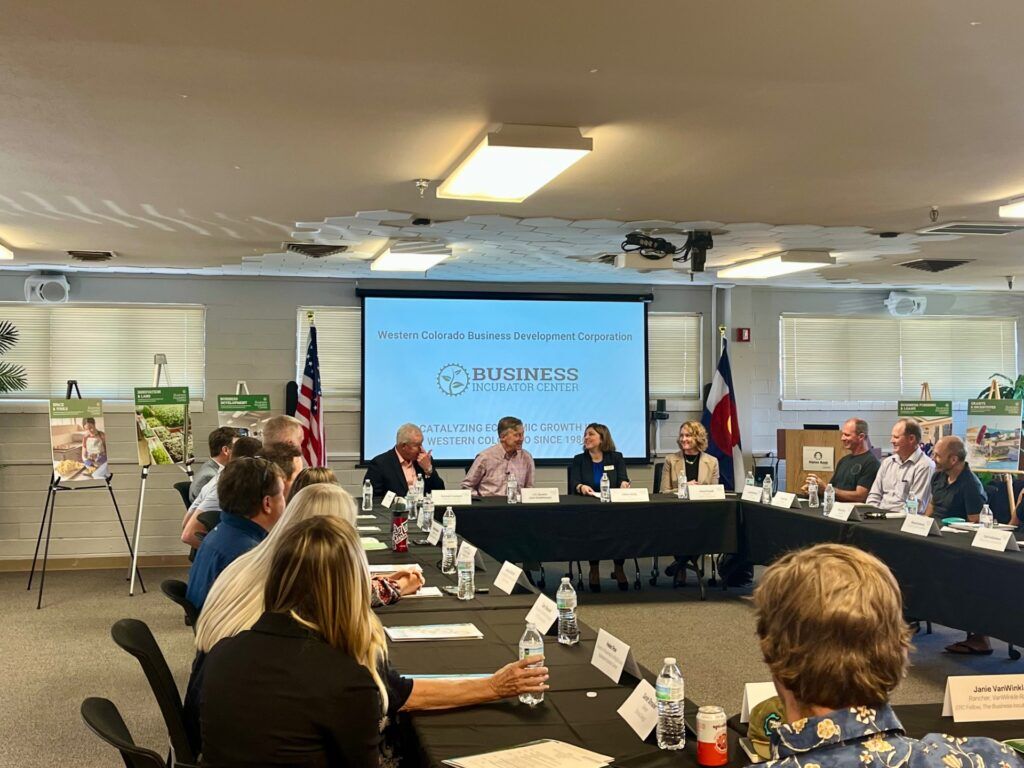
Konrad Krauland, CEO of Innovative Textiles, echoed what Fry noted about the biking industry and how it reflects the larger US markets.
“We are a ‘Made in the USA’ brand and already the labor challenges make us uncompetitive in the world market and we have to source from Asian markets to offset these costs,” Krauland said. “As long as these tariffs remain volatile it will be difficult to work through.”
Trump’s critics have repeatedly decried the major changes to America’s tariffs, arguing the escalation has led to a trade war, in which American workers and businesses will ultimately lose out. Many also argued that the swings in policy have led to much uncertainty, making it difficult for businesses to plan.
Trump and his allies, on the other hand, argued that the tariffs changes are necessary to remedy a trade imbalance, in which barriers are low for foreign companies to enter the American market, even as they keep theirs high. Countries, particularly China, have exploited that imbalance, they said. The administration also argued that, broadly speaking, the policies would compel American companies to return their manufacturing bases to the U.S.
In the last several months, the Trump administration has secured tariffs deals with several countries.
Business leaders on the Western Slope are not strangers to sharp economic downturns. The oil and gas bust of the 1980s and Great Recession of 2008 are potent reminders of the fragility of rural economic systems.
The battle, from promised federal funding to changing tariffs, is going to be fought “for every penny” and it will take “vigor and resilience,” Hickenlooper said.
“I’m proud of what we have here,” Hickenlooper said. We’ve been through rough times before. We can see through this. We can come out stronger,” he said.


